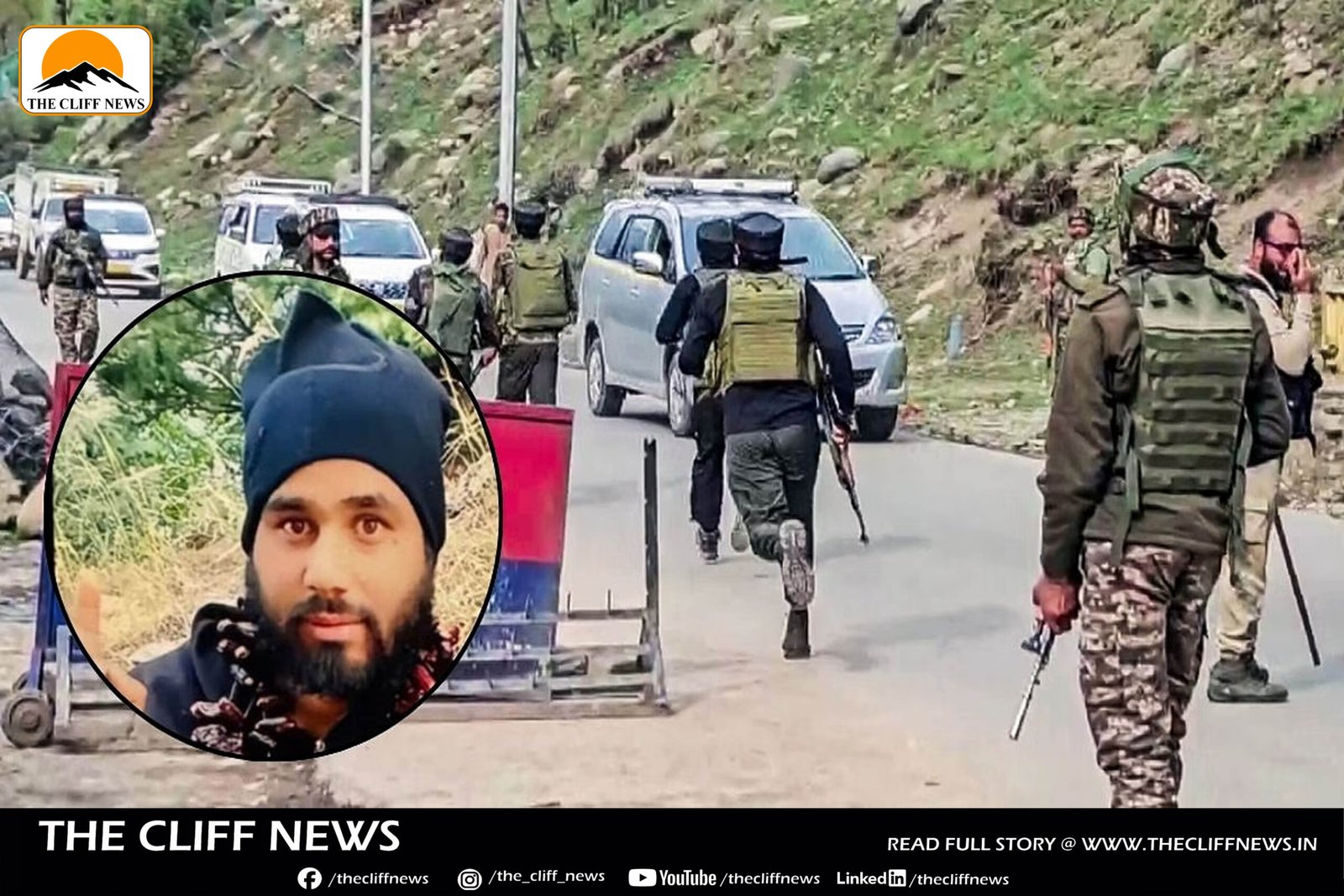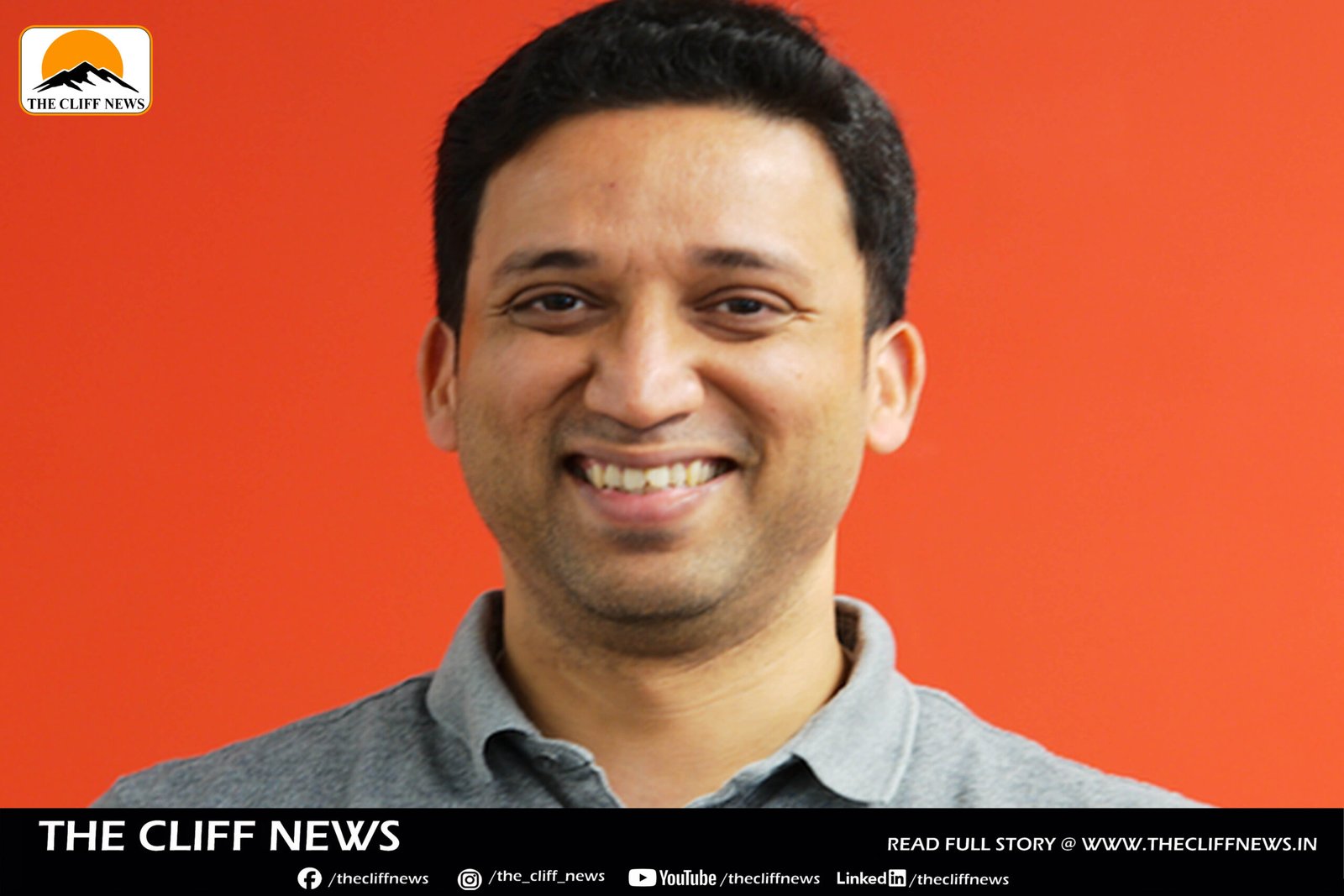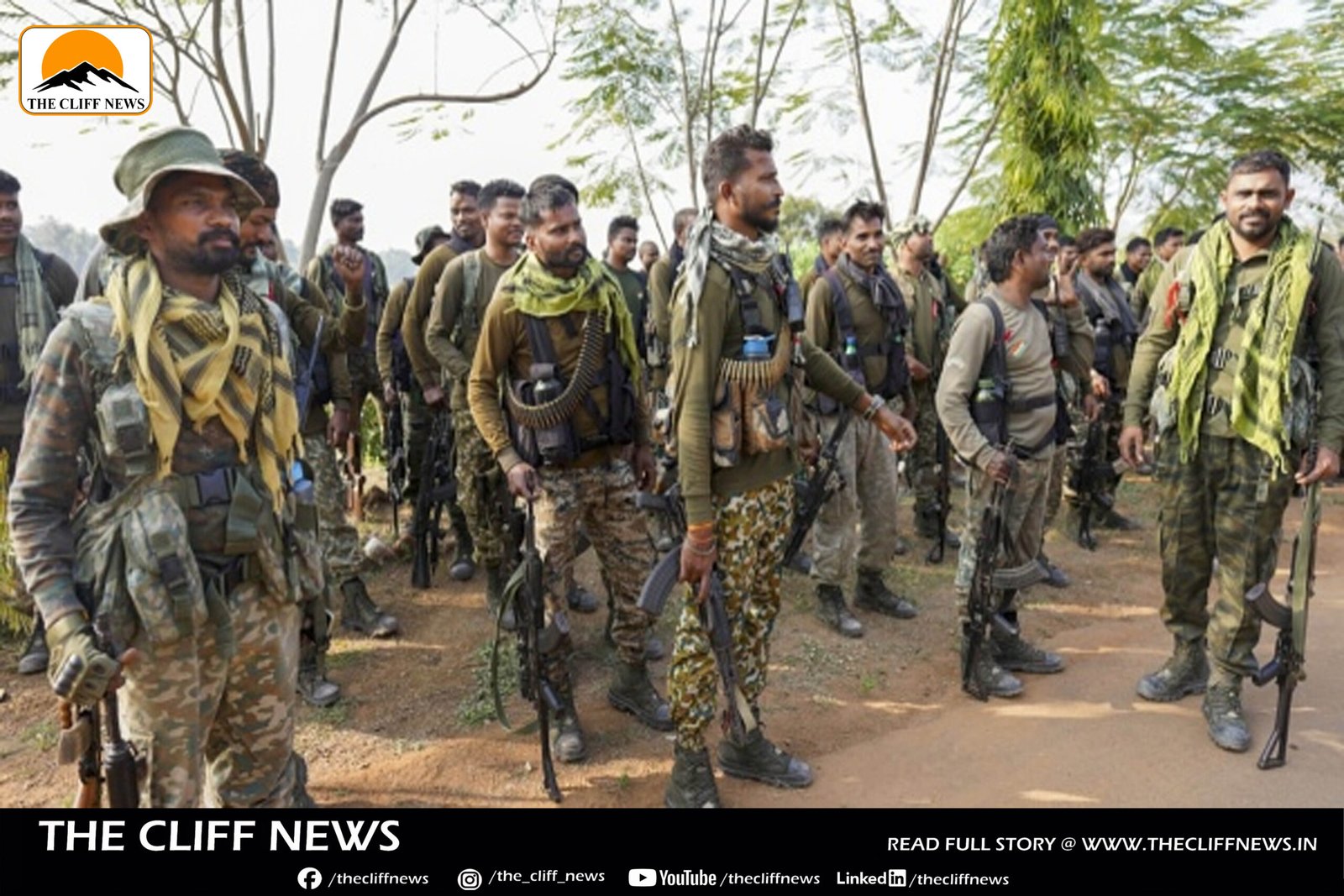In a horrifying act of violence, four terrorists affiliated with the Pakistan-based Lashkar-e-Taiba (LeT) carried out a targeted attack on Hindu tourists in the popular Baisaran meadows area—commonly known as Maggi Point or Mini Switzerland—in Pahalgam, Jammu and Kashmir, on Tuesday. The attackers, armed with AK-47 rifles loaded with armor-piercing steel-tipped bullets and equipped with body cameras, selectively identified and shot Hindu men among the tourists, killing 26 people in a brutal 15-minute assault.
Two of the assailants have been identified as local residents: Aadil Thakur from Bijbehara and Aasif Sheikh from Tral. The remaining two are believed to be Pakistani nationals of Pashtun origin. Despite The Resistance Front (TRF) claiming responsibility for the massacre, security officials confirmed that TRF is merely a façade for LeT, created to portray such operations as indigenous militant activity.
Initial intelligence suggests that the terrorists had arrived in the area days prior, with their original target being a visit by Prime Minister Narendra Modi to Katra on April 19—a visit that was ultimately cancelled. Officials ruled out speculation that the attack was aimed at intelligence operatives, although one staff member from the Intelligence Bureau on holiday with his family was among the victims.
Eyewitness accounts and security sources revealed that the attackers first questioned the tourists, separating the Hindu men based on names and other identifying markers. While some individuals tried to conceal their religious identities, the terrorists confirmed their suspicions before opening fire. Women and children were deliberately spared and moved aside.
Shell casings recovered from the site indicate the use of AK-47s and armor-piercing rounds. Authorities believe the group may have included additional members acting as lookouts, as such teams typically operate in groups of up to six.
Security forces have since launched an extensive manhunt, deploying special forces to track down the perpetrators. While intelligence agencies had previously issued alerts about terrorist movement in the area, the threat was reportedly dismissed as part of routine warnings issued ahead of high-profile events.
Critics have questioned the lack of security presence in the area, especially given the heavy tourist footfall during the ongoing tourism season. Officials responded by saying that a security-heavy environment was deliberately avoided to maintain a perception of safety for visitors, as overt militarization could harm the region’s tourism-dependent economy.
The attack has sparked national outrage and is being seen as a major security lapse. Prime Minister Narendra Modi, who was in Saudi Arabia at the time, cut short his visit and returned to New Delhi, where he immediately reviewed the security situation at the technical area of the airport.



